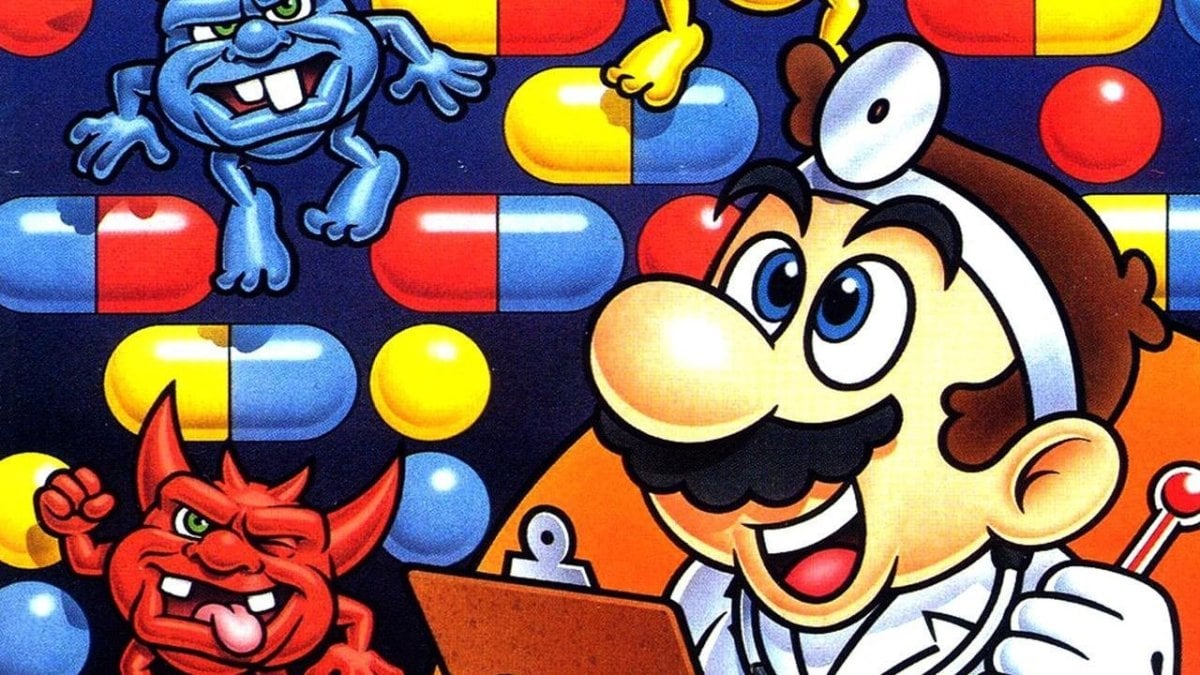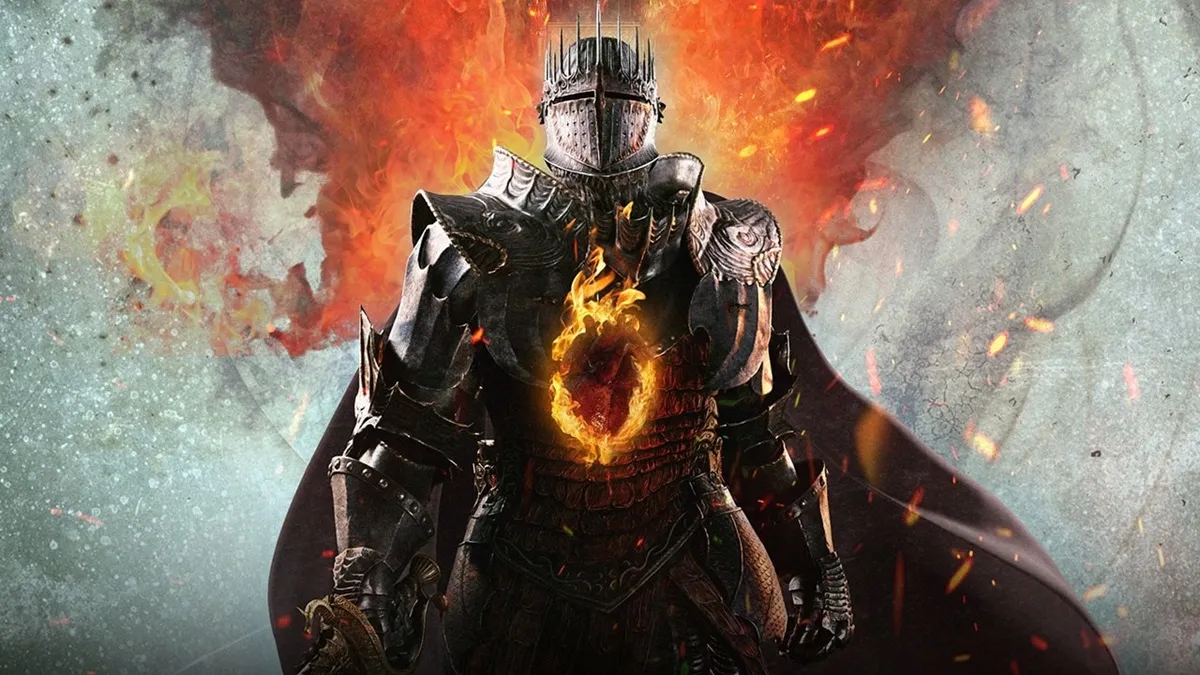This is a good thing
The World Health Organization is currently working on the 11th Revision of the International Classification of Diseases, with a planned release of 2018. The last revision of this important document was back in 1990, and it is used by 117 countries around the world as a standard diagnostic tool for various purposes. Sharp-eyed observers of the early drafts have noticed a new addition to the various diseases and conditions listed, one that has become very relevant as time has gone on.
Gaming disorder is set to be officially recognized by the organization.
Here is the current definition as listed in ICD-11. Please remember that it is currently a draft, and can potentially change, or even be removed, before the official release.
Gaming disorder is characterized by a pattern of persistent or recurrent gaming behavior (‘digital gaming’ or ‘video-gaming’), which may be online (i.e., over the internet) or offline, manifested by: 1) impaired control over gaming (e.g., onset, frequency, intensity, duration, termination, context); 2) increasing priority given to gaming to the extent that gaming takes precedence over other life interests and daily activities; and 3) continuation or escalation of gaming despite the occurrence of negative consequences. The behavior pattern is of sufficient severity to result in significant impairment in personal, family, social, educational, occupational or other important areas of functioning. The pattern of gaming behavior may be continuous or episodic and recurrent. The gaming behavior and other features are normally evident over a period of at least 12 months in order for a diagnosis to be assigned, although the required duration may be shortened if all diagnostic requirements are met and symptoms are severe.
Now it is very important to note here, I do not have any education or training in regards to medical matters. Anything I say in regards to interpreting what this means should be taken with a grain of salt, and you are potentially better off speaking to someone with that background about what all this entails.
That being said, to tie this into a very topical matter: The hypothetical gamer who can’t control themselves around loot boxes. That miss their rent payment regularly in the hopes of getting that rare skin. If said scenario actually happens, and loot boxes are not classified as gambling, then the person in question may possibly be diagnosed under gaming disorder. If you think the diagnosis would be for a gambling problem instead, here’s the definition for gambling disorder from the same draft.
Gambling disorder is characterized by a pattern of persistent or recurrent gambling behavior, which may be online (i.e., over the internet) or offline, manifested by: 1) impaired control over gambling (e.g., onset, frequency, intensity, duration, termination, context); 2) increasing priority given to gambling to the extent that gambling takes precedence over other life interests and daily activities; and 3) continuation or escalation of gambling despite the occurrence of negative consequences. The behavior pattern is of sufficient severity to result in significant impairment in personal, family, social, educational, occupational or other important areas of functioning. The pattern of gambling behavior may be continuous or episodic and recurrent. The gambling behavior and other features are normally evident over a period of at least 12 months in order for a diagnosis to be assigned, although the required duration may be shortened if all diagnostic requirements are met and symptoms are severe.
Clearly the medical professionals discussing and revising the IDC see enough similarities between the activities if the definitions for the two disorders are near-identical. It would not surprise me if down the road, as proper treatment plans are implemented, if the recovery road map for someone with gaming disorder is very similar to treating someone with gambling disorder.
It’s important to note that even if it’s completed next year, it won’t necessarily be used by member states immediately. Even the WHO’s page for the IDC notes that while IDC-10 was endorsed on 1990, it only came into use by the various member states in 1994. Given that this has started to become a rising concern due to various industry practices and the rare extreme event, hopefully it goes into active use a little sooner.




